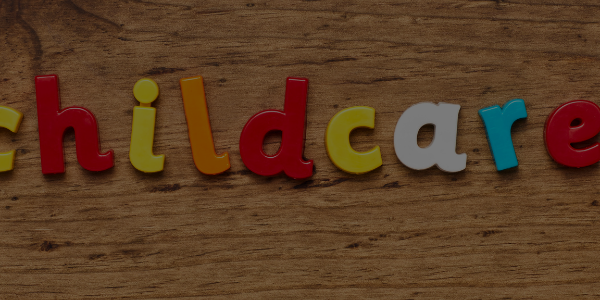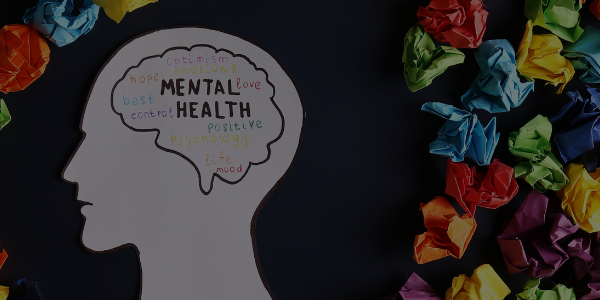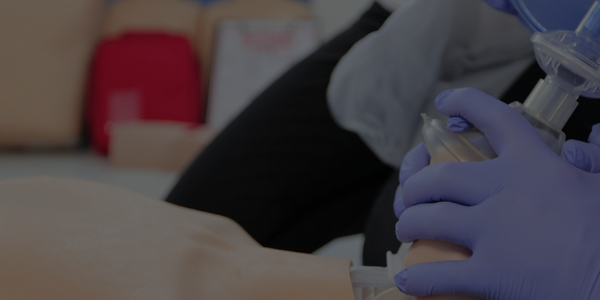Sleep deprivation is a general term to describe a state caused by inadequate quantity or quality of sleep, including voluntary or involuntary sleeplessness and circadian rhythm sleep disorders. Sleep is as important to the human body as food and water, but many of us don’t get enough sleep.
Below are the effects of sleep deprivation:
Memory Issues
During sleep, your brain forms connections that help you process and remember new information. A lack of sleep can negatively impact both short and long term memory.
Weakened Immunity
Too little sleep weakens your immune system’s defenses against viruses like those that cause the common cold and flu. You’re more likely to get sick when exposed to these germs.
Risk for Diabetes
A lack of sleep affects your body’s release of insulin, a blood sugar-lowering hormone. People who don’t get enough sleep have higher blood sugar levels and increase risk for type 2 diabetes.
Low Sex Drive
People who don’t get enough sleep often have a lower libido, In men, this decreased sex drive may be due to a drop in testosterone levels.
High Blood Pressure
If you sleep less than five hours a night, your risk for high blood pressure increases.
Weight Gain
With sleep deprivation, the chemicals that signal to your brain that you are full are off balance. As a result, you’re more likely to overindulge even when you’ve had enough to eat.
Risk of Heart Disease
Sleep deprivation may lead to increased blood pressure and higher levels of chemicals linked to inflammation, both of which play roles in heart disease.
Please note that regular First Aid and CPR Training is the best way to make sure that you’re prepare in the case of an emergency. Book a course with us





